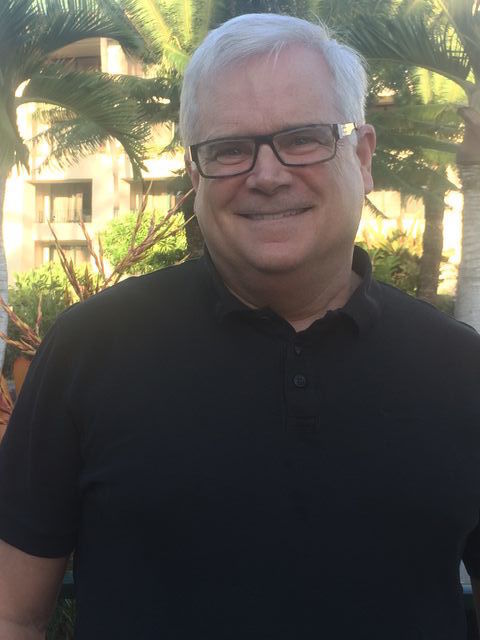POIPU — Criminal liability may not be the first thing on the mind of a farmer designing his irrigation system, but for those in food production, it’s a real business risk that must be assessed.
That’s according to William Marler, nationally recognized lawyer and managing partner of Marler Clark, a Seattle-based law firm that specializes in foodborne illness cases.
“This is a real risk to these folks if they distribute products across state lines,” Marler said. “When I sue them, insurance covers (the cost), but criminal (charges), that can put you in jail.”
The Center for Disease Control estimates around 48 million people get sick annually from a foodborne illness; 128,000 are hospitalized and 3,000 die.
Marler, who is representing around 80 of the patients in the Genki Sushi Hepatitis A outbreak, including one from Kauai, was on island Friday afternoon to speak at the Western Grower’s 91’s Annual Meeting, held this weekend at the Grand Hyatt.
Today, he’s hosting a foodborne illness workshop where he will give attendees a refresher on how civil liability works, and bring the attendees up to speed on criminal liability and how it affects the the food chain.
Those involved in the Genki Sushi Hepatitis A outbreak don’t have to worry too much about criminal liability, though.
“Likely that wouldn’t happen at Genki, because it was (distributed) within state,” Marler said.
However, foodborne illness litigation can be expensive. Marler got his start as a foodborne illness attorney in 1993, when an E. coli outbreak at Jack in the Box restaurants in California, Idaho, Washington, Nevada Louisiana and Texas infected 732 people, killing four children.
Settlements for the individual and class-action claimants totaled around $50 million. Marler represented hundreds of victims.
“If Jack in the Box would have had to pay that themselves, it would have bankrupted them,” Marler said.
Marler has filed lawsuits against companies like Chili’s, Dole, McDonald’s, Odwalla, Peanut Corporation of America, Sizzler, Taco Bell and Wendy’s and has secured more than $600 million in settlements for victims of foodborne illnesses.
“As far as I know, no one else is representing these people,” Marler said of the Genki Sushi outbreak victims. “Every lawyer I know of has been forwarding the cases to me.”
How it happens
Whether it’s negligence and laziness or a more insidious purpose, food-linked disease outbreaks follow a common thread.
“All outbreaks are the same. There’s always some sort of warning or something that people ignore,” Marler said. “All cases start with a failure to pay attention to the obvious.”
Peanut Corporation of America’s 2015 salmonella scandal, which killed nine and sickened hundreds, ended with company executives going to jail and being asked to pay around $250 million in losses.
The entire event occurred because of a failure to thoroughly check into peanut butter testing, Marler said.
For some cases, like the current outbreak of Hepatitis A in California and Michigan originating from frozen Egyptian strawberries, the cause might not be so obvious.
Because Hepatitis A is endemic in much of the world, many farmers don’t think about the possibility that their produce, washed with contaminated irrigation water, could transmit it to a place where only 40 percent of the population is vaccinated, Marler said.
“When they’re sending their crates of strawberries off to the U.S., they’re probably not wondering what their risk profile is,” Marler said.
Anyone involved in contributing to the Kauai food chain should understand how foodborne illness outbreaks occur and how to do their part in protecting the health of their consumers, Marler said.
Especially with foods that are distributed before they are cooked, and foods that are grown outside, there’s no guarantee they’re not contaminated.
“It’s better to avoid the problem,” Marler said.




